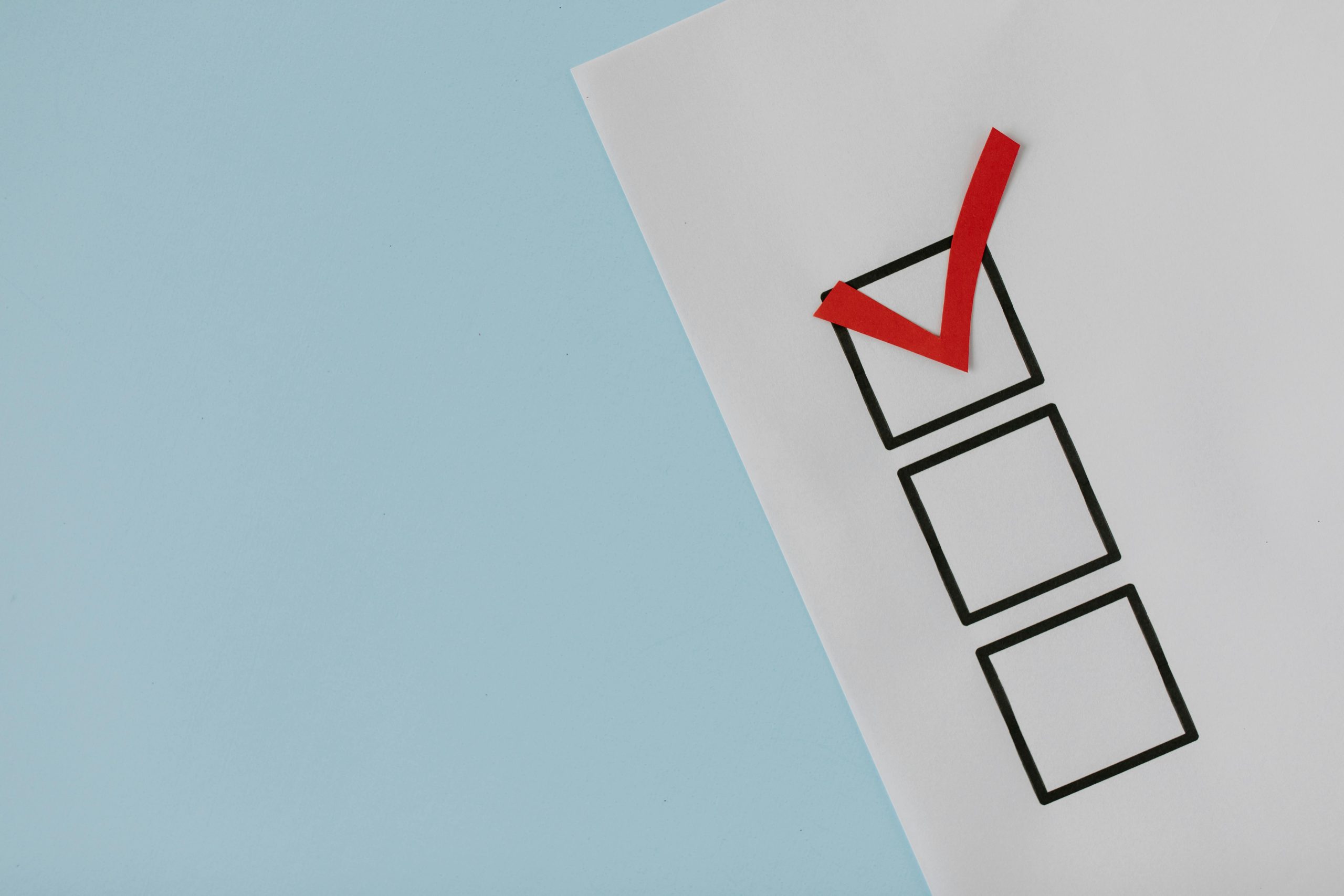Understanding Liability After Vehicle Sale: What You Need to Know
Successfully selling a vehicle can sometimes lead to unexpected legal complications, especially if the new owner encounters issues such as accidents or legal infractions. Recently, a situation has arisen where a seller received a notice demanding a substantial sum for damages, despite having properly transferred ownership. This raises important questions about the legal protections and responsibilities involved in selling a vehicle.
Case Overview
A car owner sold their vehicle and properly signed and transferred the pink slip. Along with the transfer, they obtained and retained proof of the Release of Liability, a document that officially informs the DMV and relevant authorities that they are no longer responsible for the vehicle. Despite this, the new owner of the vehicle was involved in an accident, subsequently got into legal trouble, and now, a debt collection agency—AFNI—is claiming the seller owes $12,000 for damages to a car that has already been sold.
Key Concerns
-
Is the debt collector’s claim legitimate given that the vehicle was sold and the seller has proof of release?
-
Can AFNI pursue the original owner for damages incurred after the sale, especially when official documentation indicates they are no longer the owner?
-
What legal protections exist for sellers who have properly transferred ownership and submitted the Release of Liability?
Legal Implications
In most jurisdictions, properly signing over the title and submitting a Release of Liability to the DMV effectively removes the seller’s legal responsibility for the vehicle. This means that after these steps are completed, the seller shouldn’t be held liable for any incidents involving the vehicle. However, complications can arise if the new owner fails to register the vehicle properly or if authorities do not process the records promptly.
Practical Advice
-
Ensure you keep copies of all documents related to the sale, including the signed pink slip and proof of submitting the Release of Liability.
-
Follow up with your local DMV to confirm that your records reflect the sale and that your liability has been officially released.
-
If contacted by a debt collection agency regarding damages or fines related to the vehicle, inform them of the sale and provide copies of the sale documentation, including the Release of Liability.
-
Consult with a legal professional if you receive formal notices or if the debt collection efforts persist, to understand your rights and potential defenses.
Conclusion
While situations like these can be confusing and stressful, having proper documentation is crucial in establishing your legal position as a former vehicle owner. Usually, once ownership has been officially transferred and the Release of Liability submitted



